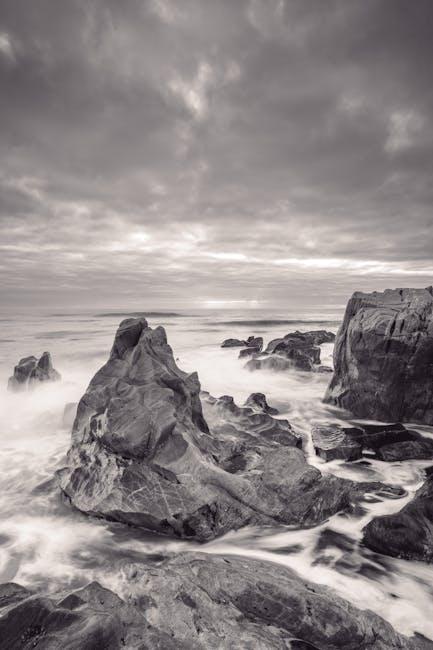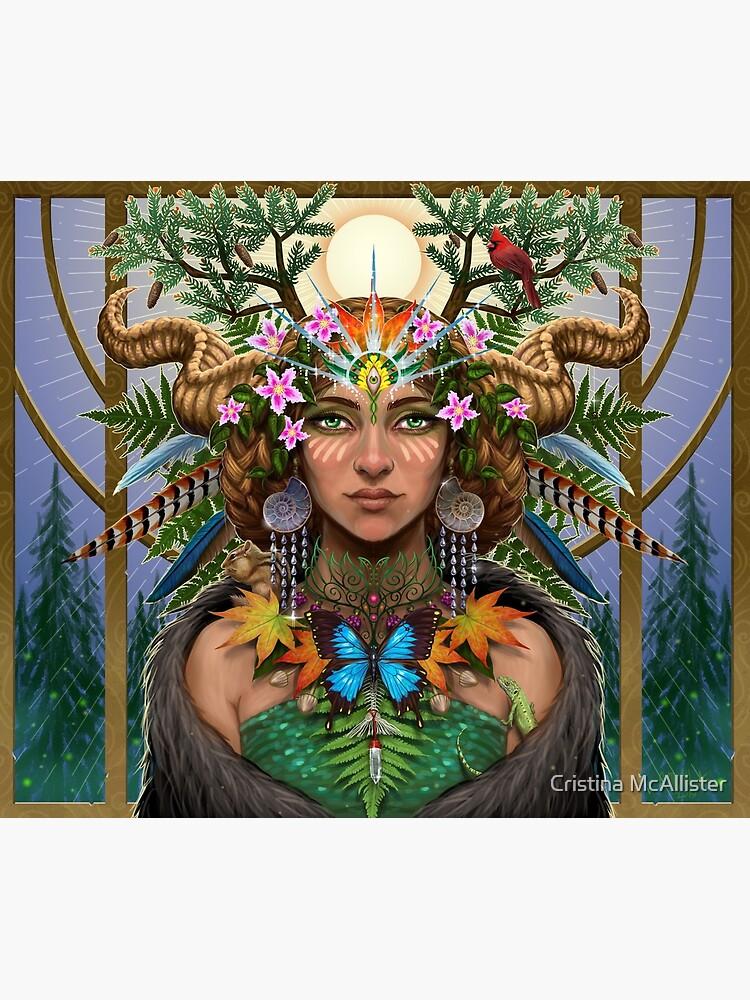In the tranquil embrace of ancient mythology lies a deity like no other – Gaia, the Earth Mother, whose essence embodies the very soul of our planet. Tales of her boundless power and nurturing spirit have transcended generations, weaving through the tapestry of countless cultures. Join us as we delve into the captivating realms of Gaia, the primordial goddess who cradles our world in her ever-loving embrace.
Table of Contents
- Exploring the Origins and Mythology of Gaia, the Earth Goddess
- The Symbolism and Significance of Gaia in Ancient Cultures
- Embracing Gaia’s Teachings for Environmental Conservation
- Connecting with Gaia Through Nature-Based Practices
- Q&A
- In Retrospect
Exploring the Origins and Mythology of Gaia, the Earth Goddess
**Gaia**, the revered Earth Goddess in ancient mythology, has captivated human imagination for centuries with her boundless power and nurturing spirit. Known as the personification of the Earth itself, Gaia symbolizes fertility, abundance, and the interconnectedness of all living beings. In various traditions around the world, she is considered the primal mother of all existence, embodying both creation and sustainability.
<p>Legends depict Gaia as a formidable force, revered for her role in shaping the natural world and maintaining harmony among the elements. As the mother of the Titans and grandmother of the Olympian gods in Greek mythology, her influence extends far beyond the physical realm, encompassing the spiritual and cosmic dimensions as well. Exploring the origins and mythology of Gaia unveils a rich tapestry of stories that celebrate her timeless wisdom and eternal presence in the tapestry of existence.</p>
<table class="wp-block-table">
<tr>
<td>Origin:</td>
<td>Greek Mythology</td>
</tr>
<tr>
<td>Attributes:</td>
<td>Fertility, Abundance, Harmony</td>
</tr>
</table>
The Symbolism and Significance of Gaia in Ancient Cultures
Throughout various ancient cultures, Gaia was revered as a potent symbol representing the interconnectedness of all living beings and the Earth itself. In Greek mythology, Gaia was considered the primordial goddess of the Earth, embodying fertility, growth, and the nurturing essence of nature.
Similarly, in Roman culture, Gaia was known as Terra Mater, the Mother Earth, embodying the divine essence of creation and sustenance. In both traditions, Gaia symbolizes the harmonious balance between humanity and nature, serving as a reminder of our interconnectedness and responsibility to protect and honor the natural world that sustains us.
| Symbolism of Gaia | Significance in Ancient Cultures |
|---|---|
| Earthly abundance | Representing the cycle of life and renewal |
| Nurturing energy | Embodying the interconnectedness of all living beings |

Embracing Gaia’s Teachings for Environmental Conservation
Looking to deepen your connection with nature and promote environmental conservation? Embrace Gaia’s teachings, honoring the Earth as a living entity that sustains all life. In doing so, you’ll tap into a profound wisdom that guides us towards living in harmony with the natural world.
Through **practicing sustainable habits** and **celebrating the beauty of the Earth**, we can strive to protect our planet for future generations. By integrating Gaia’s teachings into our daily lives, we become stewards of the environment, working towards a more sustainable and balanced relationship with the Earth.

Connecting with Gaia Through Nature-Based Practices
Embrace the deep connection with Mother Earth, Gaia, through immersive nature-based practices that allow you to tune into the rhythm of the natural world. Engaging with these rituals can bring a profound sense of grounding, peace, and harmony to your life.
Whether it’s a simple walk in the forest, meditation by a flowing river, or practicing yoga in a meadow, each experience fosters a sense of oneness with Gaia. Through these practices, you can cultivate gratitude for the beauty and abundance that surrounds us, fostering a deeper appreciation for the interconnectedness of all living beings.
Q&A
**Q&A: Exploring the Mysteries of Gaia, the Earth Goddess**
Q: Who is Gaia, and what does she represent in mythology?
A: Gaia, also known as Gaea, is the primordial Greek goddess of the Earth. She is believed to be the personification of the Earth itself and is revered as the mother of all life.
Q: What are some symbols associated with Gaia?
A: Gaia is often depicted as a matronly figure with branches and twigs entwined in her hair, representing the interconnectedness of all living beings with nature. The Earth itself is her ultimate symbol.
Q: How is Gaia connected to environmental consciousness and conservation efforts?
A: Gaia’s reverence in ancient mythology has inspired many to view the Earth as a living entity deserving of respect and care. This connection has fueled movements promoting environmental sustainability and conservation efforts worldwide.
Q: Are there modern rituals or practices honoring Gaia that are still observed today?
A: Some individuals and groups continue to pay homage to Gaia through rituals, ceremonies, and practices that promote harmony with nature. These often include activities like planting trees, participating in environmental cleanups, and supporting eco-friendly initiatives.
Q: What can we learn from the mythology of Gaia in today’s fast-paced world?
A: Gaia’s story serves as a reminder of the importance of living in balance with nature and respecting the interconnectedness of all life forms. By embodying Gaia’s spirit of nurturing and preservation, we can strive for a more sustainable and harmonious relationship with the Earth.
Q: How does Gaia’s influence continue to shape our understanding of the environment and our place within it?
A: Gaia’s enduring influence reminds us that the Earth is not merely a resource to be exploited but a living, breathing entity deserving of our reverence and protection. Through our actions and choices, we can honor Gaia’s legacy and safeguard the future of our planet.
In Retrospect
In conclusion, Gaia, the ancient Earth goddess, continues to captivate our imaginations with her eternal wisdom and boundless love for the Earth. As we delve deeper into her rich mythology and symbolic significance, let us not forget the importance of honoring and preserving the natural world around us. May we all be inspired by Gaia’s spirit to nurture and protect our planet for generations to come. Thank you for joining us on this enlightening journey into the realm of Gaia, the celestial embodiment of Mother Earth.



0 Comments